General Landscape Uses: Attractive accent or specimen tree for residential and commerical landscapes. Also buffer plantings.
Ecological Restoration Notes: A common canopy and subcanopy tree in hammocks.
Description: Medium tree with narrow round-topped crown composed of slender, spreading branches. Trunks straight, often angled, 6-15 inches in diameter. Bark gray when young, becoming dark reddish-brown, covered with numerous warts. Leaves smooth, dark green above, paler beneath, with a yellow midrib; aromatic when crushed, 3-6 inches long.
Dimensions: Typically 20-30 feet in height. Often as broad as tall, especially when young.
Growth Rate: Moderate to fast.
Range: Monroe County Keys north to Volusia, Highlands and Collier counties; West Indies, Mexico and Central America. In the Monroe County Keys, apparently absent south and west of Lignumvitae Key.
Habitats: Hammocks.
Soils: Moist, well-drained sandy or limestone soils, with humusy top layer.
Nutritional Requirements: Moderate to high; grows best with some organic content and may languish in nutrient poor soils.
Salt Water Tolerance: Low; does not tolerate long-term flooding by salt or brackish water.
Salt Wind Tolerance: Moderate; grows near salt water, but is protected from direct salt spray by other vegetation.
Drought Tolerance: High; does not require any supplemental water once established.
Light Requirements: Light shade to full sun.
Flower Color: Creamy white.
Flower Characteristics: Semi-showy in dense clusters. Fragrant.
Flowering Season: Spring-fall; peaks in spring and late fall.
Fruit: 1/2″ long drupe, ripening purple and eventually turning black, in a red or yellow cup-like base.
Wildlife and Ecology: Provides significant food and moderate amounts of cover for wildlife. Attracts insect pollinators.
Horticultural Notes: Can be grown from de-pulped seed. Plant right away; seeds do not store well. Place seed on surface of soil and just cover. Place container in light shade.
Comments: The leaves are fragrant when crushed. The attractive fruits resemble a miniature avocado.
Synonyms: Ocotea coriacea.

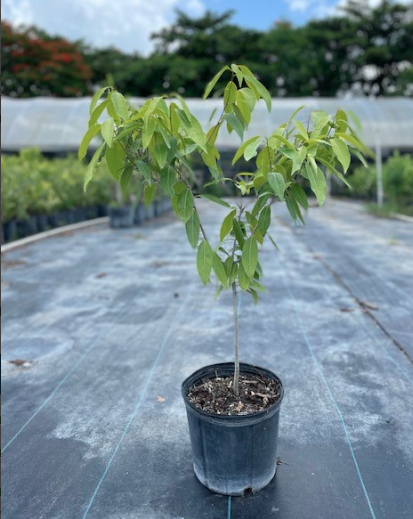

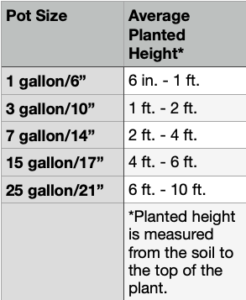
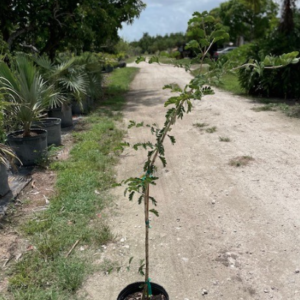
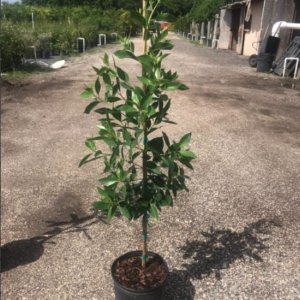
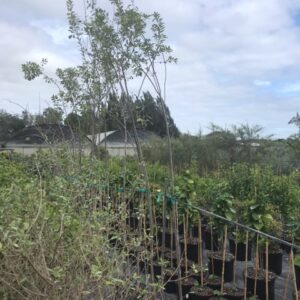
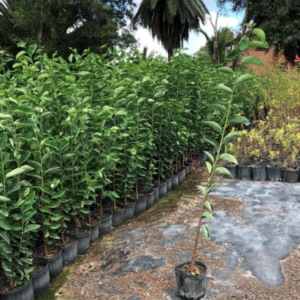
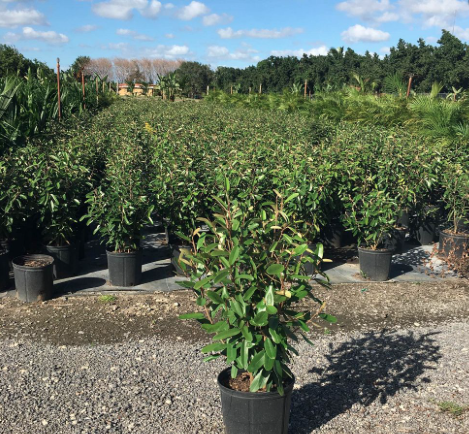
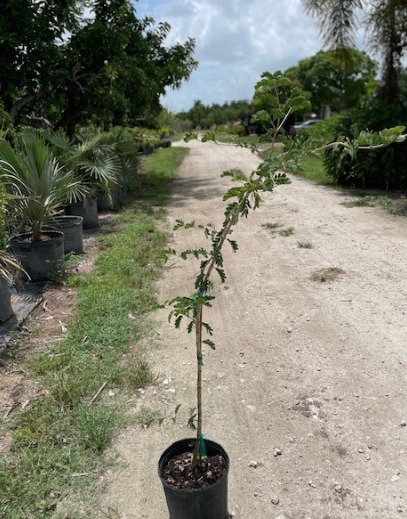
Reviews
There are no reviews yet.